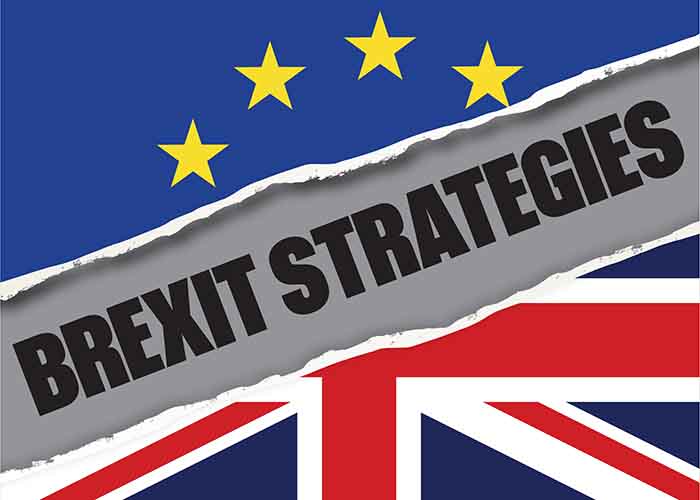The Jersey government passed a set of laws and regulations on 6 December to comply with separate pieces of legislation from the European Union and the UK.
The move is aimed at fulfilling the European economic substance requirements for companies based in Jersey, as well as complying with the UK’s Sanctions and Anti-Money Laundering Act.
With this set of laws, Jersey will be able to comply with both EU and UK regulations, but it will also allow the Bailiwick to continue to impose the same sanctions after Brexit.
The regulations would not only implement economic substance requirements in Jersey, but the government would also be able to monitor and enforce companies’ compliance.
Jersey’s Brexit contingency plan
Ian Gorst, Jersey’s minister for external relations, said: “I hope, and believe, that this new legislation will meet the requirements of the EU Code Group, which means that Jersey should be assessed ‘fully cooperative’ and not included in the so-called ‘EU Blacklist’.”
The States Assembly also approved EU regulations regarding customs, import and export control, which will enable the crown dependency to implement the Jersey-UK customs arrangement, agreed in November, once the UK leaves the European Union.
Gorst, who was previously chief minister of Jersey, defined this arrangement as “Jersey’s Brexit contingency plan” as, whether there will be a Brexit deal or not, the island will be able to continue imposing sanctions “in accordance with international standards”.








